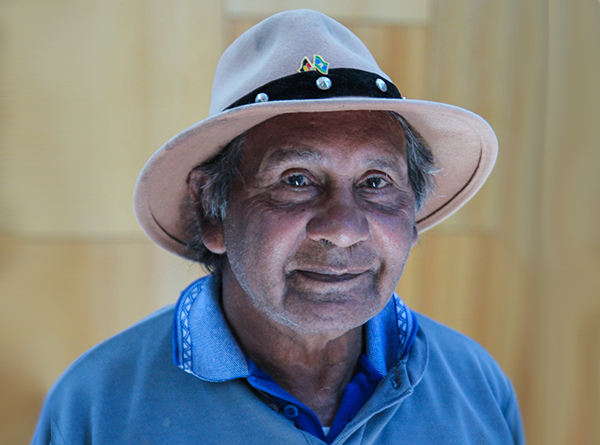Search

News & Events
Big data expert appointed Kerry M Stokes Chair of Child Health ResearchAn international leader in the analysis and mapping of big data sets to tackle disease has been appointed The Kerry M Stokes Chair of Child Health.

News & Events
What life is like living with type 1 diabetesEvery decision a child with type 1 diabetes makes can impact on their blood glucose levels.
Program of the event The program for Accelerating Child Health Research: A Systems Biology Symposium includes a wide range of international and local

News & Events
Cheers as Beau’s curls cut to fund cancer fightA brave young man stepped up to the plate on Friday to do his part in the battle against cancer.

News & Events
Vale Reverend Garlett AMIt is with great sadness that The Kids Research Institute Australia marks the passing of Reverend Garlett AM.

News & Events
Summer series: The impact of heat and the sun on our healthThe Aussie summer provides some great opportunities for families to connect in an active and social way. But with it comes a range of factors that can impact on child and family health.

News & Events
The benefits of UV exposureFor decades Australians have been told to minimise sun exposure to prevent skin cancer.

News & Events
Major conference tackles FASD from the head and the heartHundreds of delegates from around Australia, Canada and New Zealand arrive in Perth this week to discuss the latest knowledge about fetal alcohol spectrum disorder (FASD) at the 2nd Australasian FASD Conference 2018.

News & Events
Top tips for travelling with an ear infectionCheck out our top tips for travelling with an ear infection so that the kids can fly safely and hit the pool in no time.

News & Events
Young ambassadors keep researchers on their toesFlat out trying hard to keep up with the ever-changing threats from cyberbullying, The Kids Research Institute Australia counts itself fortunate to have youth on its side.
